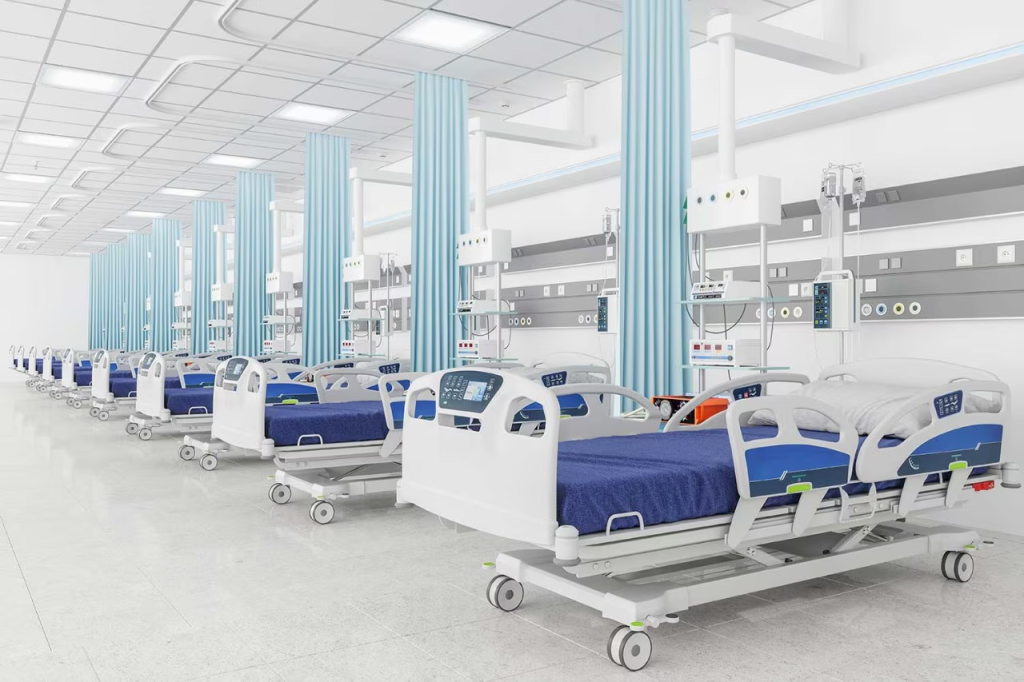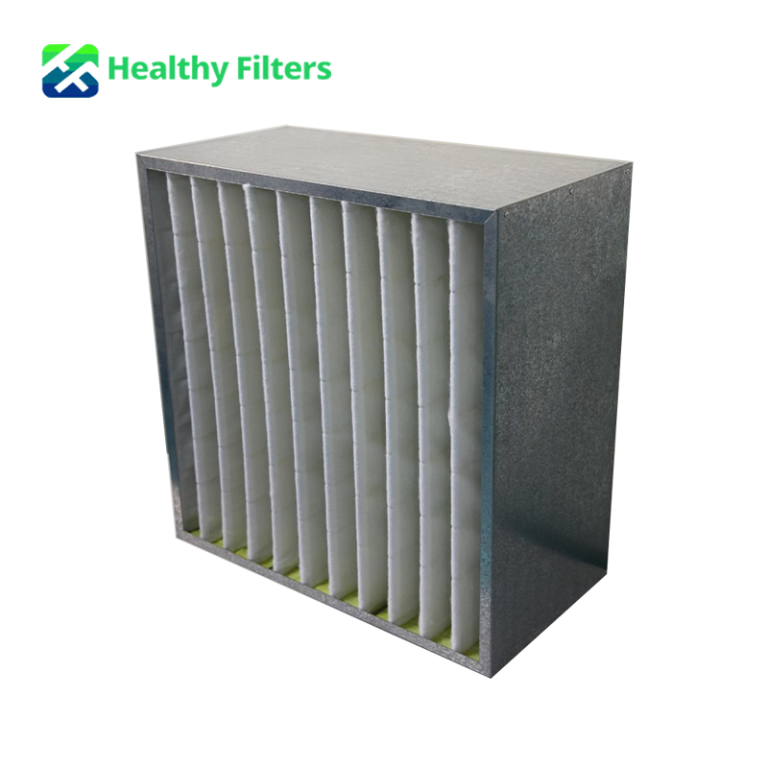Hospitals & Clinics
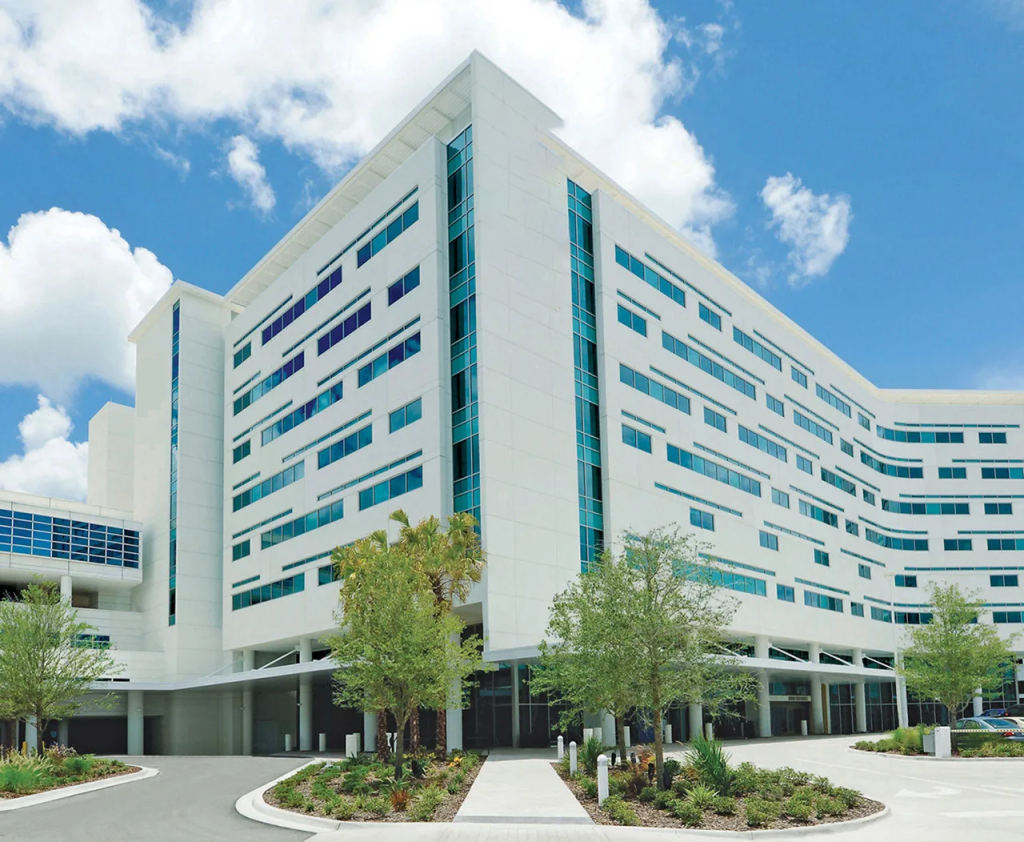
Clean Air Saves Lives – It’s That Critical
For hospitals and clinics, good indoor air isn’t a “nice-to-have”—it’s part of healing. Lives can depend on it. These places exist to help people get better, so they need to stay super clean—especially for critical care patients (ICUs, post-op rooms).
Why Hospitals Need Air Filtration (No Exceptions)
Studies show many hospitals have poor air quality—but cleaner air speeds up patient recovery and cuts stress. Hospital leaders can’t skip an air filtration plan.
It’s not just hospitals: nursing homes, dental offices, fertility clinics all need spotlessness. They also need to protect critical equipment from gunk, save energy, and have flexible filters for surgery suites.
The only way to hit these goals? A filter system that grabs even tiny pollutants. That’s where Healthy Filters comes in—we’ve got solutions for these big challenges.
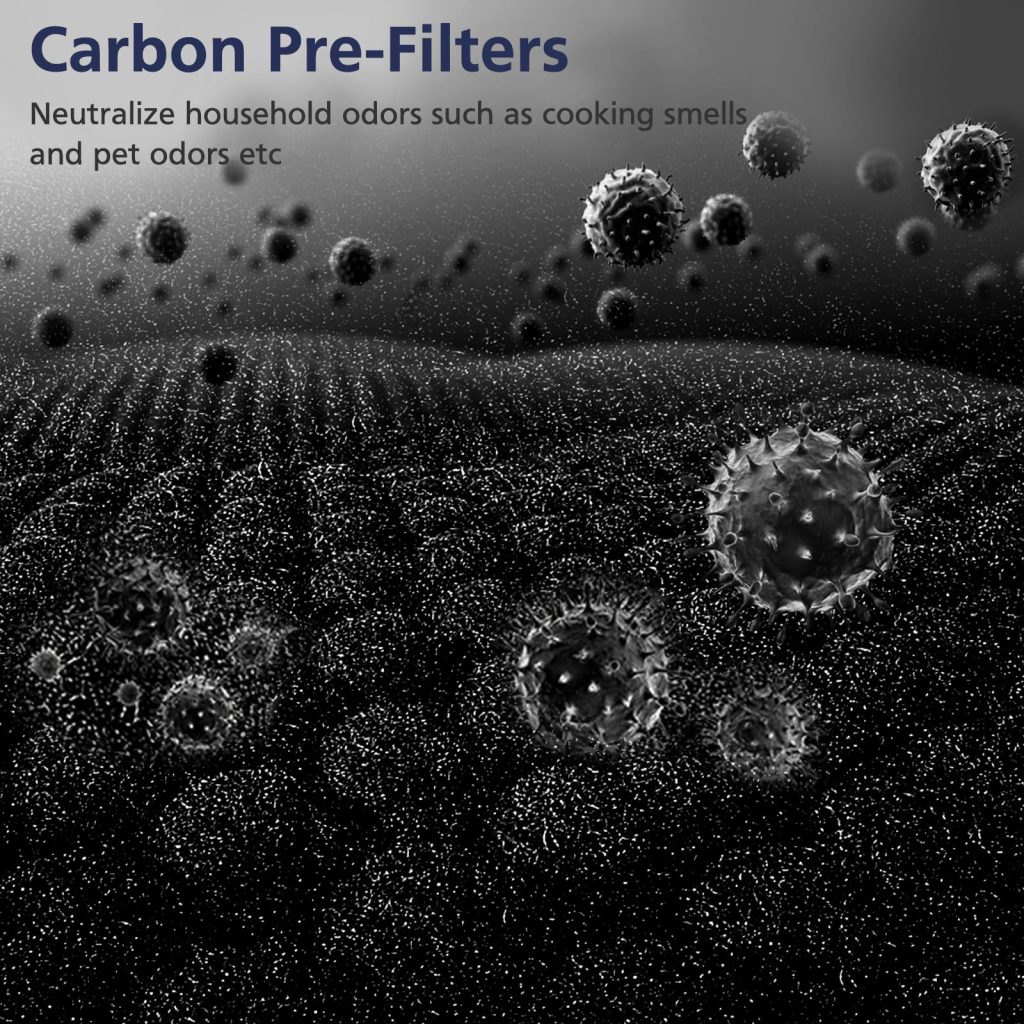
RELATED PRODUCTS
Pre-filter, activated carbon filter, ultrafiltration/reverse osmosis filter


PROVIDE ONE-STOP SOLUTIONS FOR
DIFFERENT INDUSTRIES
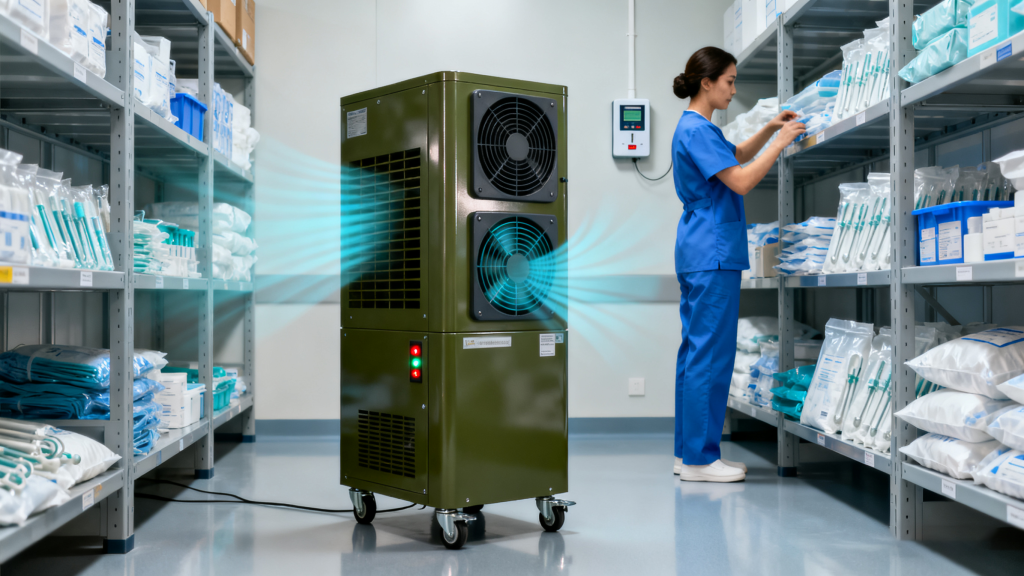
Special Care Units: Extra Clean Air = Extra Protection
Many hospitals have special units (infectious disease, oncology, hematology) for sensitive patients. Some need protection from germs; others need to stop germs spreading to staff. Either way, air must be extra clean—no shortcuts.
What’s Making Hospital Air Bad?
Know the culprits to fix the problem:
Patients (unintentionally): Coughs spread germs; open wounds get bacteria on bedpans/sheets—moving these sends germs airborne.
Old buildings: Decades-old ducts don’t filter air well, letting dust mites, bacteria float in. Moisture in ducts grows mold/spores, even causing salmonella or hospital-acquired infections.
Bad outside air: Most hospital air comes from outside—car exhaust/factory pollution gets sucked in via HVAC.
Healthy Filters: We Meet Healthcare’s Air Needs
